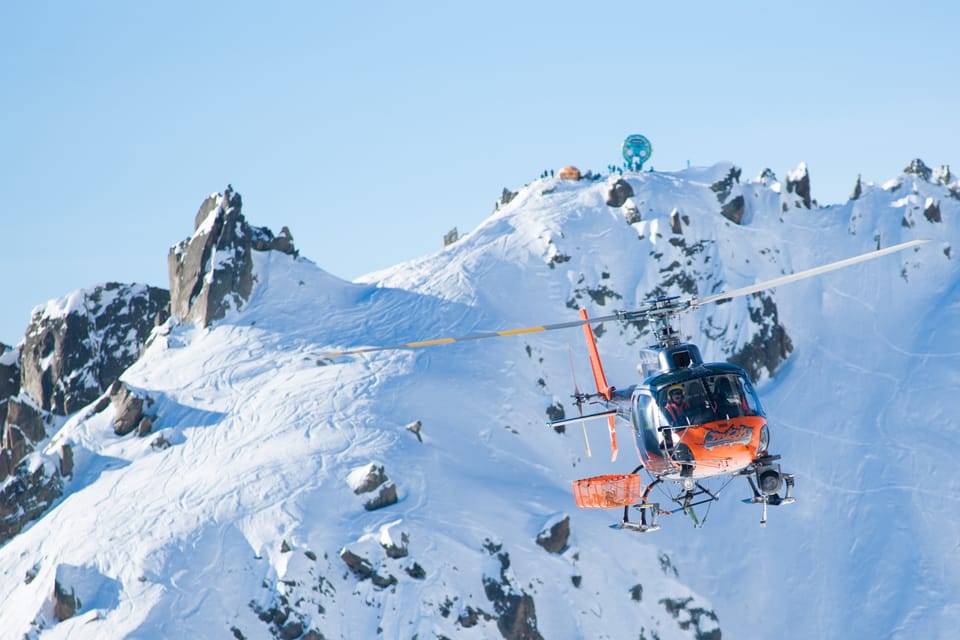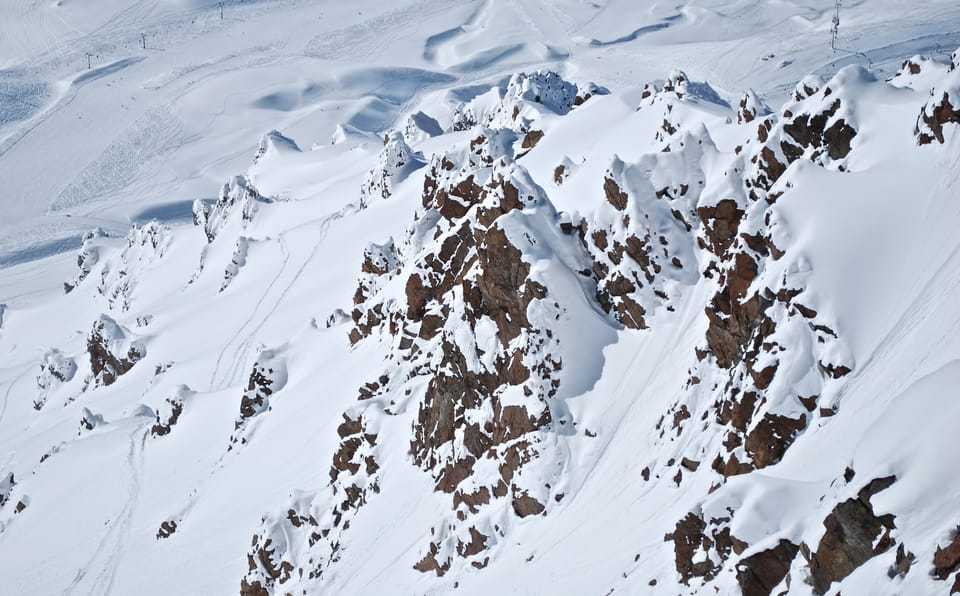Location, Location, Location's Phil Spencer Amongst Team Raising Over £1m For Charity in Gruelling Ski Touring Challenge

A charity fund-raising ski expedition in Switzerland which took place over four days at the end of February to raise funds for research into paediatric brain tumours looks set to raise over £1 million.
Along with 30 other intrepid challengers, Phil Spencer, the Channel 4 presenter of Location, Location, Location and Love it or List It joined the charity’s epic ski tour in Verbier, ski-touring a gruelling total of 8,848 metres uphill, the height of Everest.
“It was a personal Everest for everyone. It was simply incredible and something I would never have thought I would have been able to achieve. It was the epic challenge of my life!” Phil said after completing the challenge.
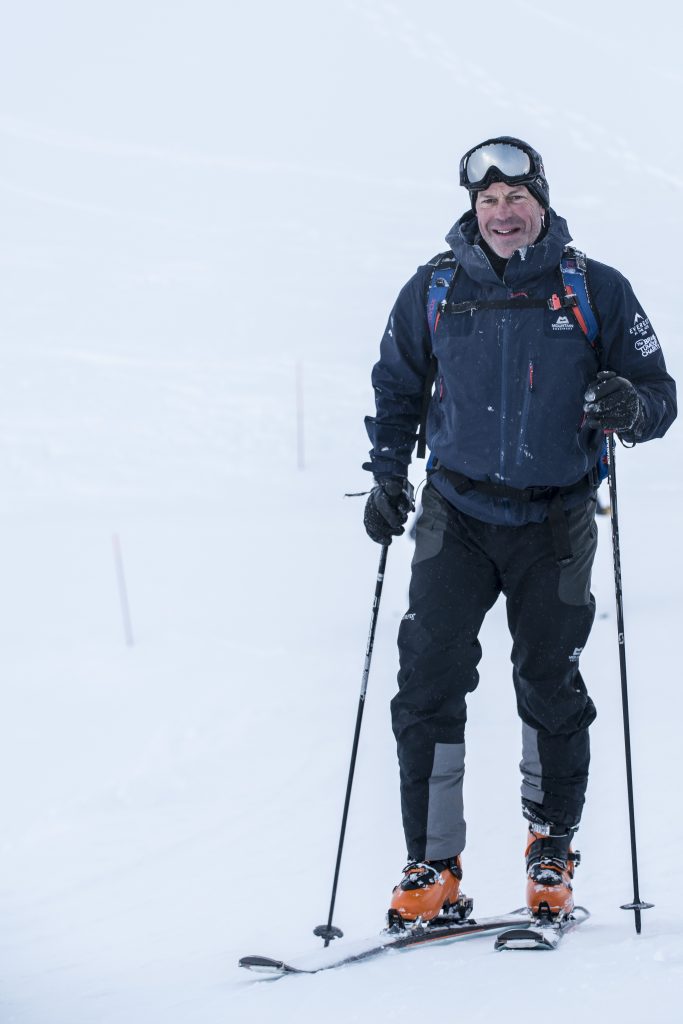
Teams ski tour the height of Everest in Verbier Swtizerland for the Everest in the Alps 2018 challenge to raise money for the Brain Tumour Charity.
The group were raising funds for The Everest Centre for research in Germany, a leading research centre into paediatric low grade tumours, which opened in June last year after fund-raising for its establishment from the previous Everest in the Alp challenge in 2015.
Everest in the Alps: The Second Ascent, was inspired by Rob Ritchie, whose son, 10-year-old Toby, is fighting against the disease.
The expedition saw teams from Smith & Williamson, Barclays, JP Morgan, Goldman Sachs, and global insurance broker, BMS.
“Everyone has their own Everest. It appeals on many levels. A lot of good people came together from all different walks of life and ultimately we’ve raised a lot of money for research that’s been so underfunded,” said Rob, adding, “When we had low moments, we talked about Toby, and reminded ourselves why we’re here.”
The four-day challenge tested all skiers to their limits. They ascended up to 2,500 metres a day to reach their target, burning off the equivalent calories of running several back-to-back marathons on each of the four days.
“It was unique. When you tell people they’re immediately curious, not that they can really picture what 5.5 miles vertical actually looks like, or indeed might feel like, to try and climb,” said Phil, adding, “The changing weather patterns made the expedition incredibly hard. The legs and body worked well but it was the relentlessness of the challenge that got to us. It was every single minute, from the moment you woke up until you went to sleep.”
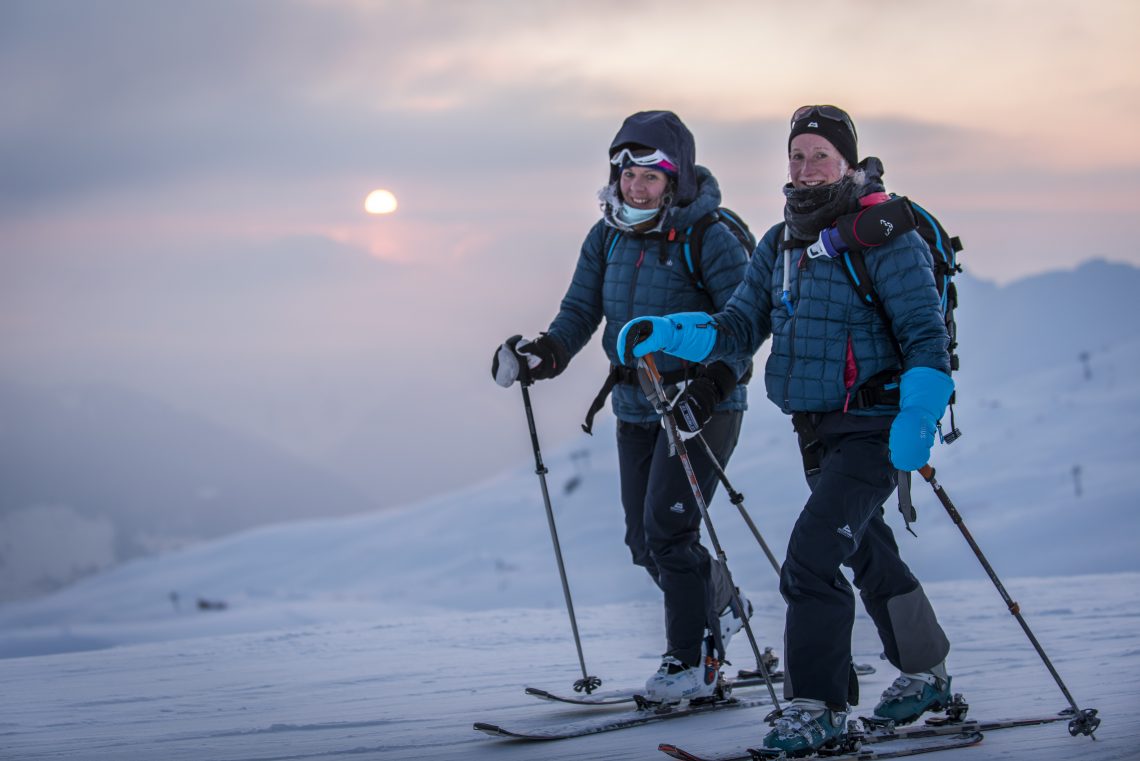
Along the route, the teams spent the nights in mountain huts, giving them a chance to gather their strength and a short respite from temperatures as low as -30°C. Long days meant that they had to be back on the slopes as early as 5:30am each morning.
IFMGA Mountain Guide, Harry Taylor, was the lead guide for the challenge. He has climbed on Everest nine times, and is the second British man to have reached the summit without oxygen.
He explained the severity of the conditions the team’s faced in Verbier:
“This was planned to be a physical event, and a great fundraising event, but the temperatures we are experiencing today are not a million miles from the -36°C temperatures I experienced on my summit day [on Everest]. It’s a very real test, and a very real experience for the teams that I’m sure they’ll remember for a long time.”
“Hitting the summit happened very quickly. The last day was a really early start. I was tired and a few things went wrong in the first 20 mins of that day and I was out of sorts. It took me a while to find my rhythm, to get my positive head on,”said Phil, “I felt like I was letting people down and realised I needed to stop panicking, that I needed to wake up and focus. Then we hit blizzard conditions for three hours with no communication and not really able to look around. It was a surreal ‘heads down’ kind of state.”
“After a few hours, I had no idea we had climbed so far and then the call came down the line that we only had 250 metres to go. It was a shock to be honest. Then the smiles came out for everyone and the high spirits soared for the last hour.”
“It was the ultimate elation; everyone was tired, happy, emotional – you name it. It was a wonderful feeling, finally finishing such a remarkable challenge.”
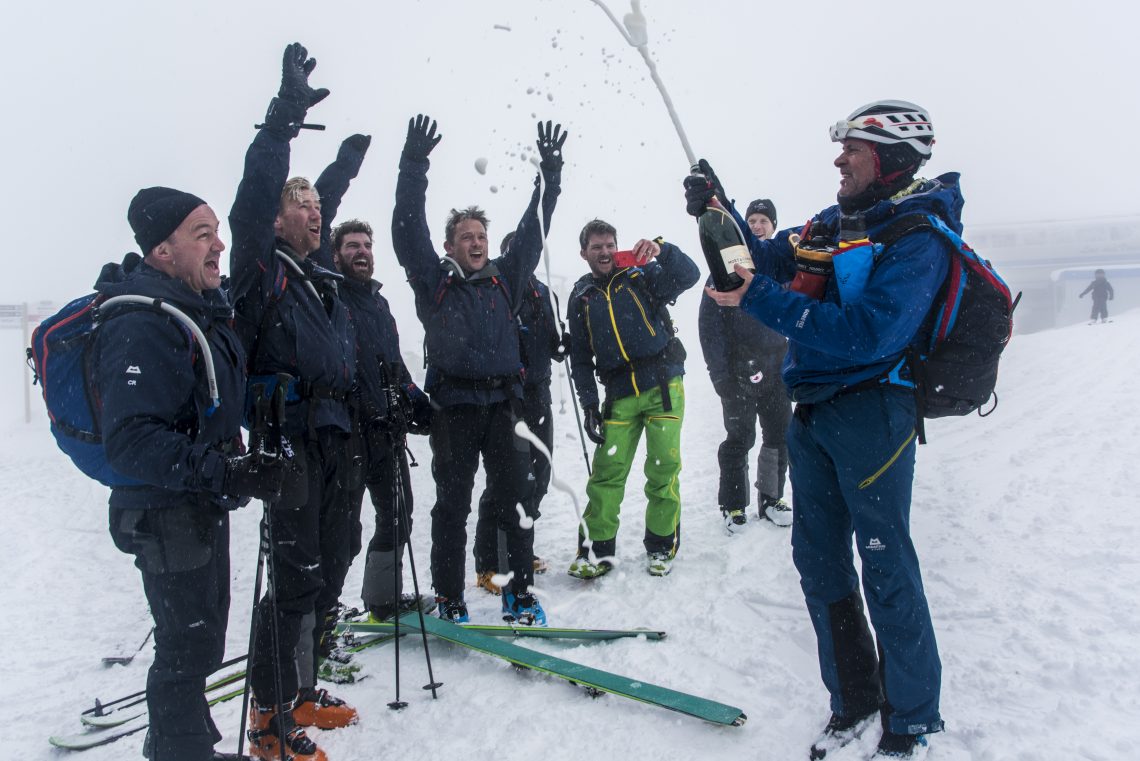
Key to the challenge’s success was Secret Compass, an expedition and adventure travel company at the forefront of project planning and risk management in remote and extreme environments.
Tom Bodkin, managing director of Secret Compass, said: “It was a privilege to be able to support Rob and his family with Everest in the Alps, and take part in the challenge for the second time. The Second Ascent has not only proved the concept of the challenge, it has once again been a highly successful fundraiser for a cause in desperate need of more funding.”
Thanks to the monies raised the Brain Tumour Charity will fund several vital research projects that will help us understand more about low grade paediatric brain tumours and trial new treatments.
Globally over 26,000 children have a low grade paediatric brain tumour and every year in the UK another 500 children are diagnosed. The location of low grade tumours in the brain often make them only partially operable. Consequently children often have to go through multiple rounds of invasive treatment like chemotherapy and radiotherapy, and relapse is a constant fear.
Pictures © Tom McShane, Adventure In Focus / Everest in the Alps


